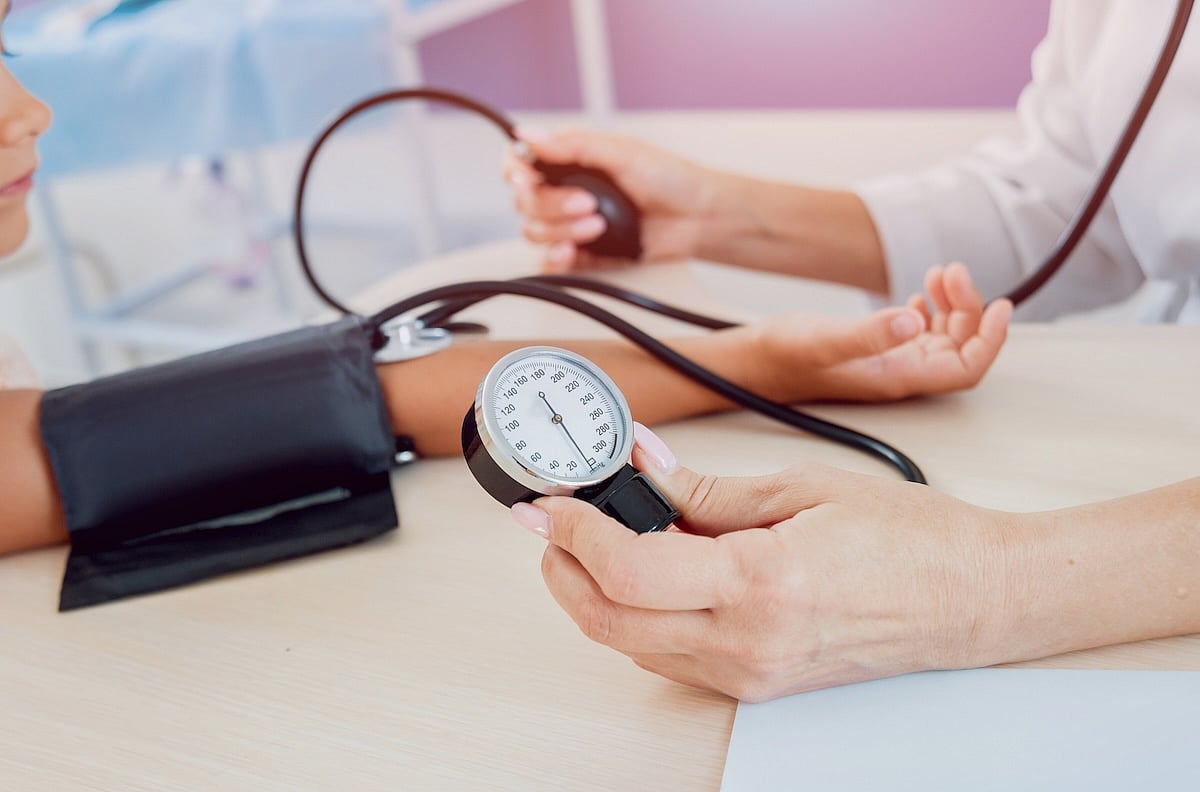Manténgase sano!

- Dennis Thompson
- Posted May 12, 2025
Pregnancy Health Problems Increase Kids' Blood Pressure
Children have an increased risk of high blood pressure if their moms suffered from health problems during pregnancy, a new study says.
Children had higher blood pressure if their moms had obesity, gestational diabetes or high blood pressure while pregnant, researchers reported May 8 in JAMA Network Open.
The presence of just one of these pregnancy risk factors is associated with a more rapid rise in blood pressure between ages 2 and 18, researchers said.
“Finding factors that we can address during pregnancy and childhood -- and implementing early interventions -- may be key to changing the trajectories of health for future generations,” senior researcher Shohreh Farzan, an associate professor of population and public health sciences at the University of Southern California’s Keck School of Medicine, said in a news release.
For the study, researchers analyzed nearly 30 years of data from almost 12,500 mother-child pairs across the United States.
Nearly half the mothers (44%) had at least one of three risk factors during pregnancy, results show.
Obesity was the most common, affecting nearly 25% of all moms, while high blood pressure disorders occurred in nearly 14% of moms and gestational diabetes in just under 7%.
Results showed that kids born to moms with at least one risk factor had systolic blood pressure that averaged about 4.9 points higher and diastolic 1.9 points higher. Systolic refers to blood pressure during a heartbeat, and diastolic to pressure between heartbeats.
Children born to moms with two risk factors faced even higher blood pressure. For example, kids born to moms with high blood pressure disorders averaged 7.3 points higher systolic and 4 points higher diastolic.
Further, blood pressure rose faster for kids whose mom had at least one risk factor -- systolic by 0.5 points per year and diastolic by 0.7 points per year.
Girls were more affected than boys, and Black children more than kids from other racial and ethnic groups, results show.
“Currently, most clinical guidelines do not suggest blood pressure screenings for children who seem healthy overall,” lead researcher Zhongzheng (Jason) Niu, an assistant professor of epidemiology and environmental health at the University at Buffalo, said in a news release.
“But our evidence is clear, showing that even a small blood pressure difference in early life can magnify over a longer period,” Niu said.
More information
The Cleveland Clinic has more on high blood pressure in children.
SOURCE: University of Southern California, news release, May 8, 2025
